Foreign
BREAKING: Namibia Elects First Female President

Namibia’s ruling SWAPO party was declared winner Tuesday of last week’s disputed elections, ushering in the southern African country’s first woman president after a disputed vote that the main opposition has already said it does not recognise.
Vice-President Netumbo Nandi-Ndaitwah took just over 57 percent of ballots followed by the candidate for the main opposition Independent Patriots for Change (IPC) with 25.5 percent, the election authority announced.
Nandi-Ndaitwah, 72, becomes the first woman to rule the mineral-rich southern African country that has been governed by the South West Africa People’s Organisation (SWAPO) since independence in 1990.
The November 27 election was extended twice as logistical and technical problems, including a shortage of ballot papers, led to long queues.
Some voters gave up on the first day of voting after waiting for up to 12 hours.
The IPC has already said this was a deliberate attempt to frustrate voters and it would not accept the results of the elections.
Its presidential candidate Panduleni Itula, 67, said last week there were a “multitude of irregularities”.
No matter the result, “the IPC shall not recognise the outcome of that election”, he said on Saturday, the last day of the extended vote.
Opposition Rejects Poll
Itula said the IPC would “fight… to nullify the elections through the processes that are established within our electoral process”.
An organisation of southern African human rights lawyers serving as election monitors said the delays at the ballot box were intentional and widespread.
The Electoral Commission of Namibia (ECN) admitted to failures in the organisation of the vote, including a shortage of ballot papers and the overheating of electronic tablets used to register voters.
Of the nearly 1.5 million registered voters in the sparsely populated country, nearly 77 percent had cast ballots in the presidential vote, it said Tuesday.
The election was seen as a key test for SWAPO after other liberation-era movements in the region have lost favour with young voters.
In the past six months, South Africa’s African National Congress lost its parliamentary majority and the Botswana Democratic Party was ousted after almost six decades in power.
Namibia is a major uranium and diamond exporter but analysts say not many of its nearly three million people have benefited from that wealth in terms of improved infrastructure and job opportunities.
Unemployment among 15- to 34-year-olds is estimated at 46 percent, according to the latest official figures from 2018, which is almost triple the national average.
Nandi-Ndaitwah, a SWAPO stalwart known by her initials NNN, will be among the few women leaders on the continent.
The conservative daughter of an Anglican pastor, she became vice president in February this year.
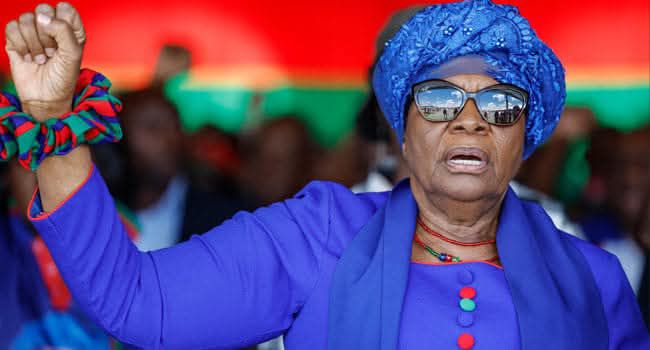
Foreign
Goodluck Jonathan Reportedly Stranded in Guinea-Bissau After Sudden Military Takeover

Former Nigerian President Goodluck Jonathan is reportedly stranded in Guinea-Bissau following the military’s announcement of a takeover on Tuesday.
Jonathan, who travelled to the country as part of an international election observation mission, was expected to oversee the release of official results before the unexpected shift in power disrupted all movement. Sources say he and other foreign observers are currently unable to leave as security restrictions tighten across the capital.
The situation has sparked concern among regional stakeholders, with diplomatic channels said to be monitoring developments closely. So far, neither Jonathan nor Nigerian authorities have issued an official statement on his safety or plans to return.
The unfolding political tension in Guinea-Bissau continues to draw global attention, especially as the fate of the election results remains unclear.
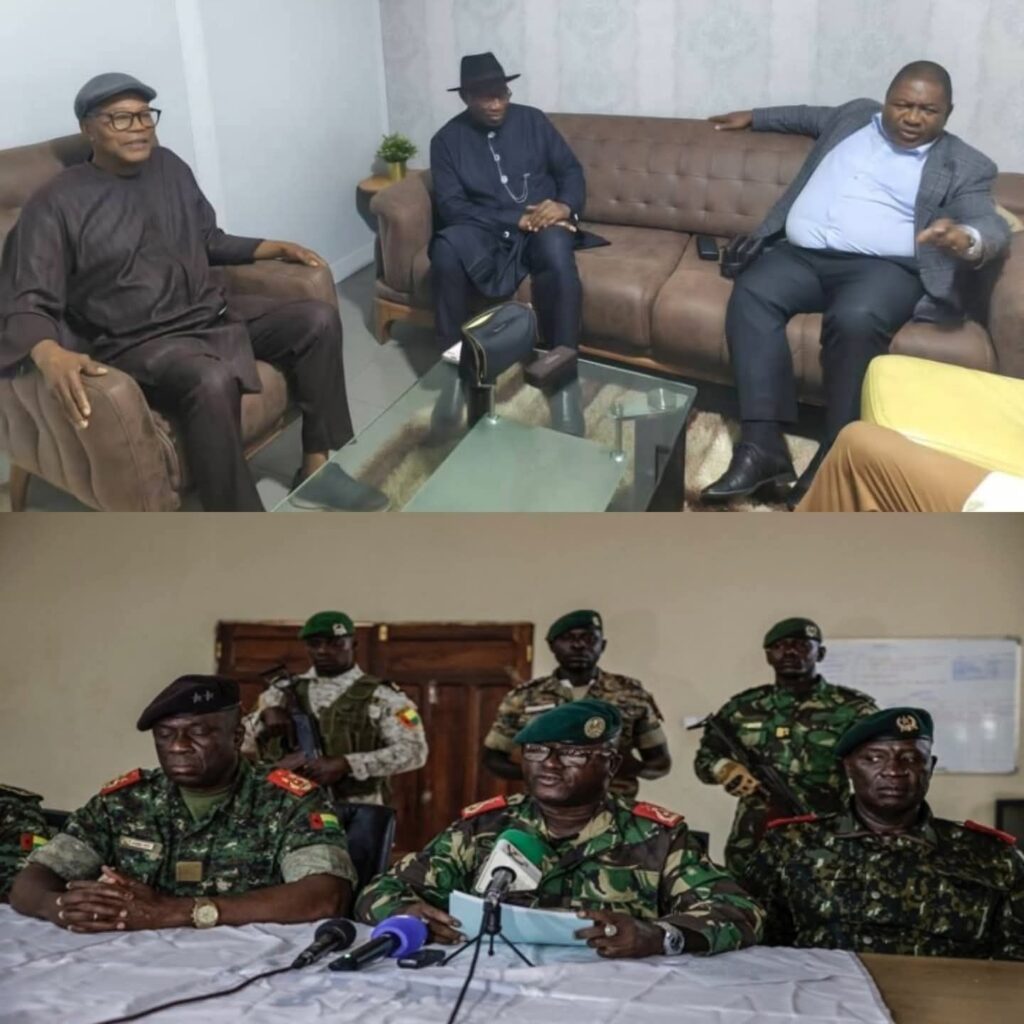
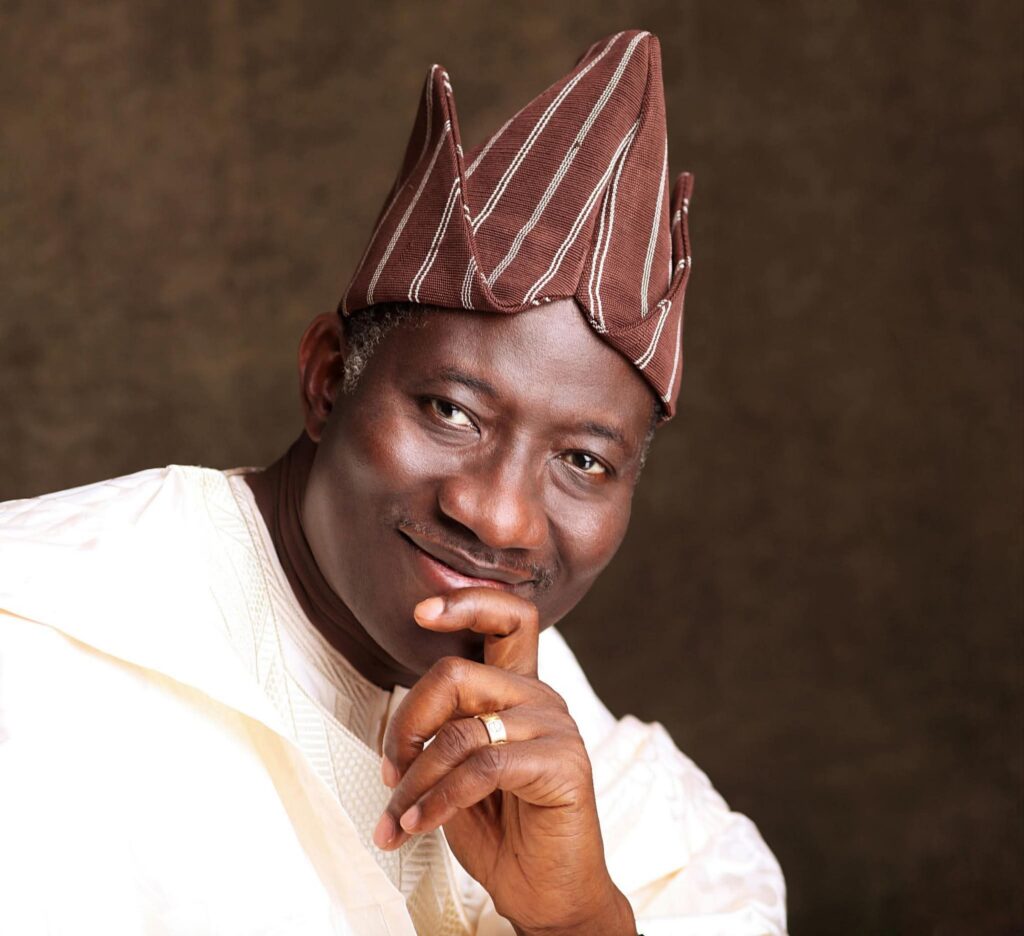
Foreign
China Reaffirms Commitment to Supporting Nigeria’s Fight Against Terrorism

China has restated its readiness to continue supporting Nigeria in the ongoing fight against terrorism and efforts to maintain national stability.
Chinese Ambassador to Nigeria, Yu Dunhai, gave the assurance after a meeting with the National Security Adviser, Nuhu Ribadu, on Thursday.
In a statement shared via X, the ambassador said China “firmly supports” the Nigerian government’s development strategies that align with the country’s realities and long-term goals.
Dunhai also emphasized that China remains opposed to any external interference in Nigeria’s internal affairs “under the pretext of religion and human rights.”
The meeting further strengthened diplomatic ties between both nations, with discussions centered on security collaboration and sustainable development.
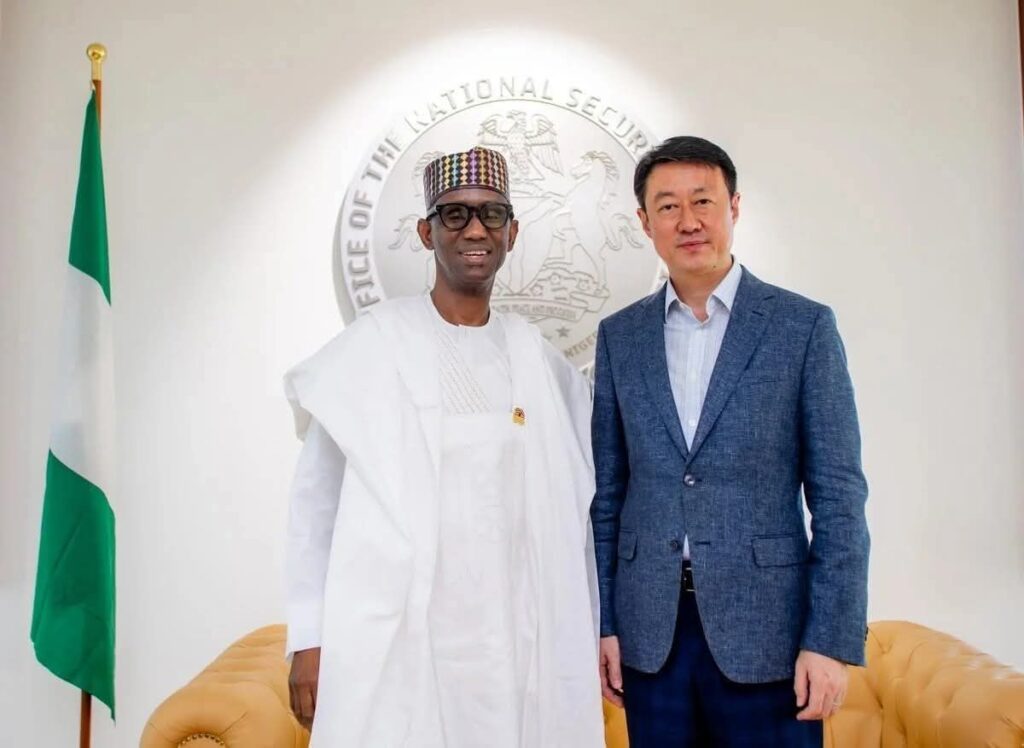
Foreign
Tanzania Erupts in Protests Over Controversial Election as President Samia Faces Mounting Pressure

Tanzania has been plunged into chaos as citizens flood the streets to protest alleged irregularities in the country’s presidential election.
The unrest, which erupted shortly after the announcement of preliminary results, has spread rapidly across major cities. In Dar es Salaam — the nation’s commercial hub with a population exceeding seven million — the situation escalated as angry demonstrators set government offices and several public buildings on fire.
The tension comes amid heightened political scrutiny of President Samia Suluhu Hassan, who became Tanzania’s first female president following the death of her predecessor, John Magufuli, in 2021. Many opposition supporters allege that the current election was manipulated to keep her in power, raising concerns about transparency and fairness in the democratic process.
In response to the violence, the police have imposed an overnight curfew in Dar es Salaam to restore order and prevent further destruction. Security forces have also been deployed across key areas of the city to contain the growing tension.
Authorities have urged citizens to remain calm while investigations into the alleged electoral misconduct continue. However, opposition figures and civil society groups are demanding accountability, insisting that the people’s mandate must be respected.
As the crisis deepens, many fear the situation could spiral into nationwide unrest if dialogue and swift action are not taken.
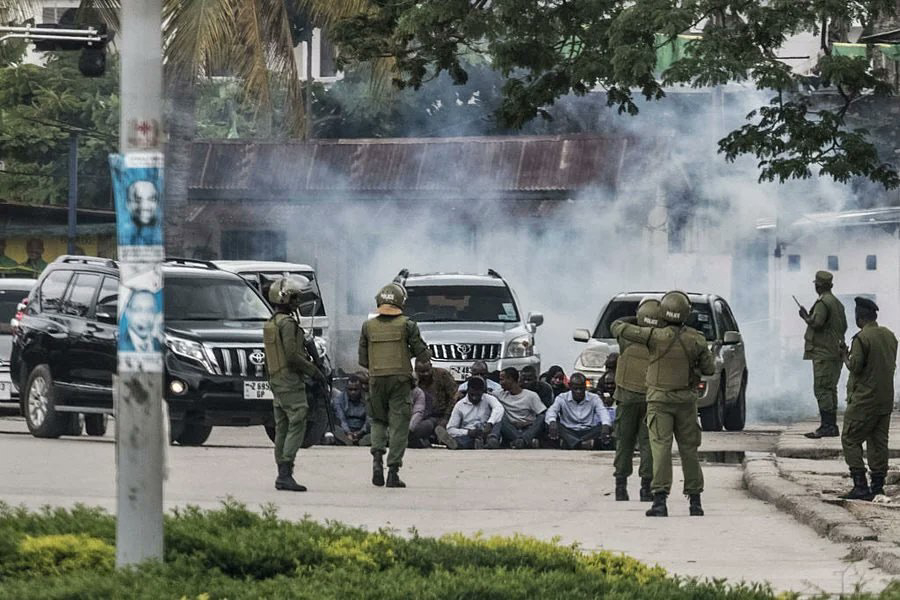
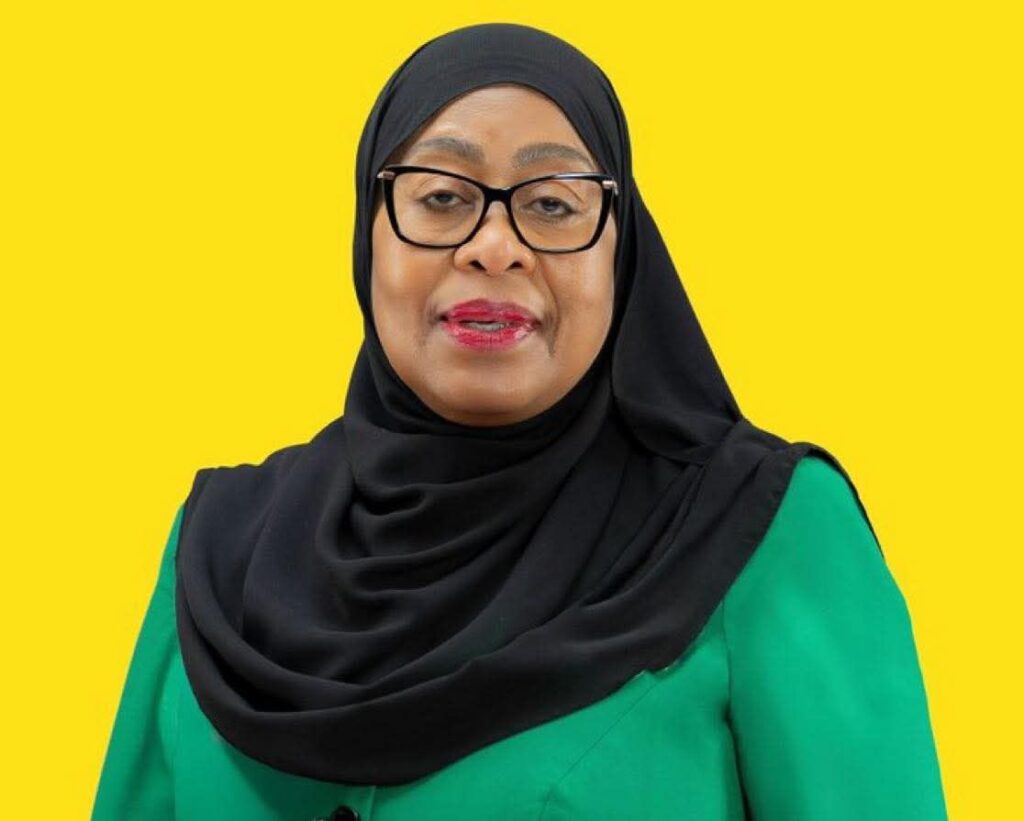
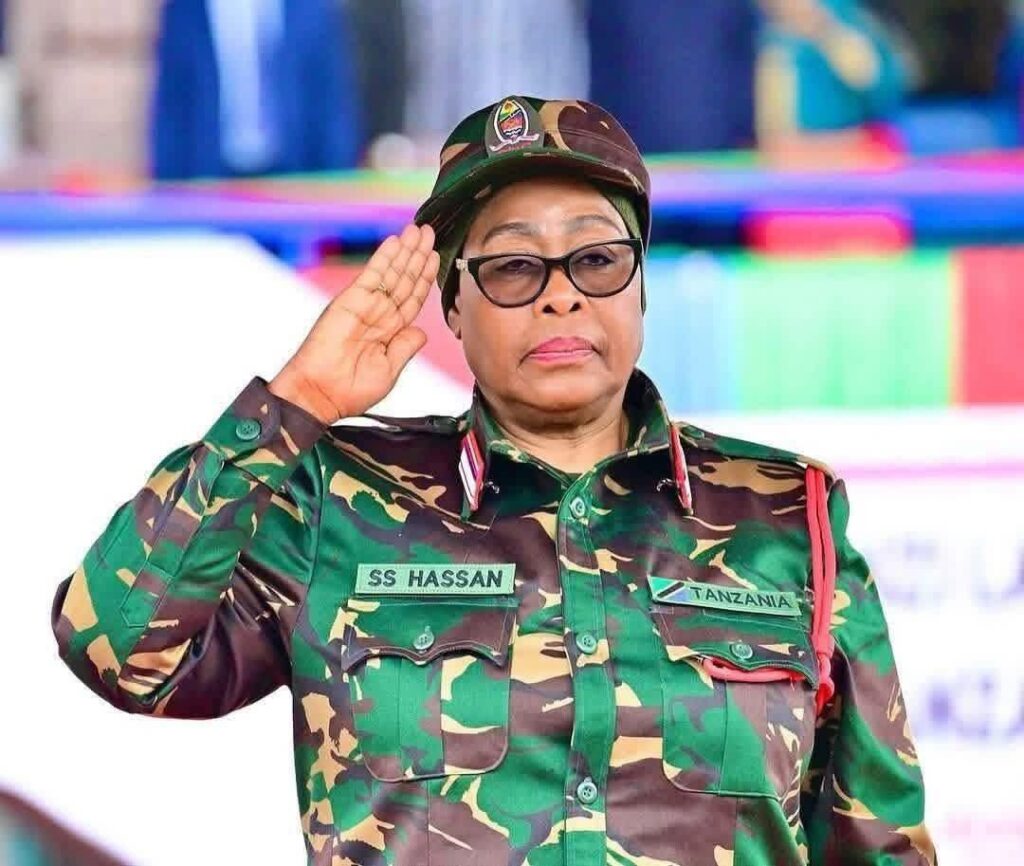
-

 News2 years ago
News2 years agoHardship: We Plan To Establish A National Commodity Board To Crash Food Prices – VP Shettima
-
News8 years ago
Blog Reader; Samson Osagiede Celebrates Fiancè Benedicta Daniels’s Birthday With Sweet Words
-
Home9 years ago
News Channel claims Donald Trump is an orphan from Pakistan,share alleged childhood photo
-
Home9 years ago
Another $175m Found in Patience Jonathan’s wife’s firm’s Bank Account
-
Home9 years ago
Oil Spillage: House of Reps Member Shares Photos of the Water her Constituents Drink .
-
Home9 years ago
Zara Buhari & Ahmed Indimi’s Wedding Access Card
-

 Sport7 years ago
Sport7 years agoModric, Marta Wins 2018 FIFA Best Player Of The Year Awards ⚽️
-
News8 years ago
The Best Video You’ve Seen Today?
